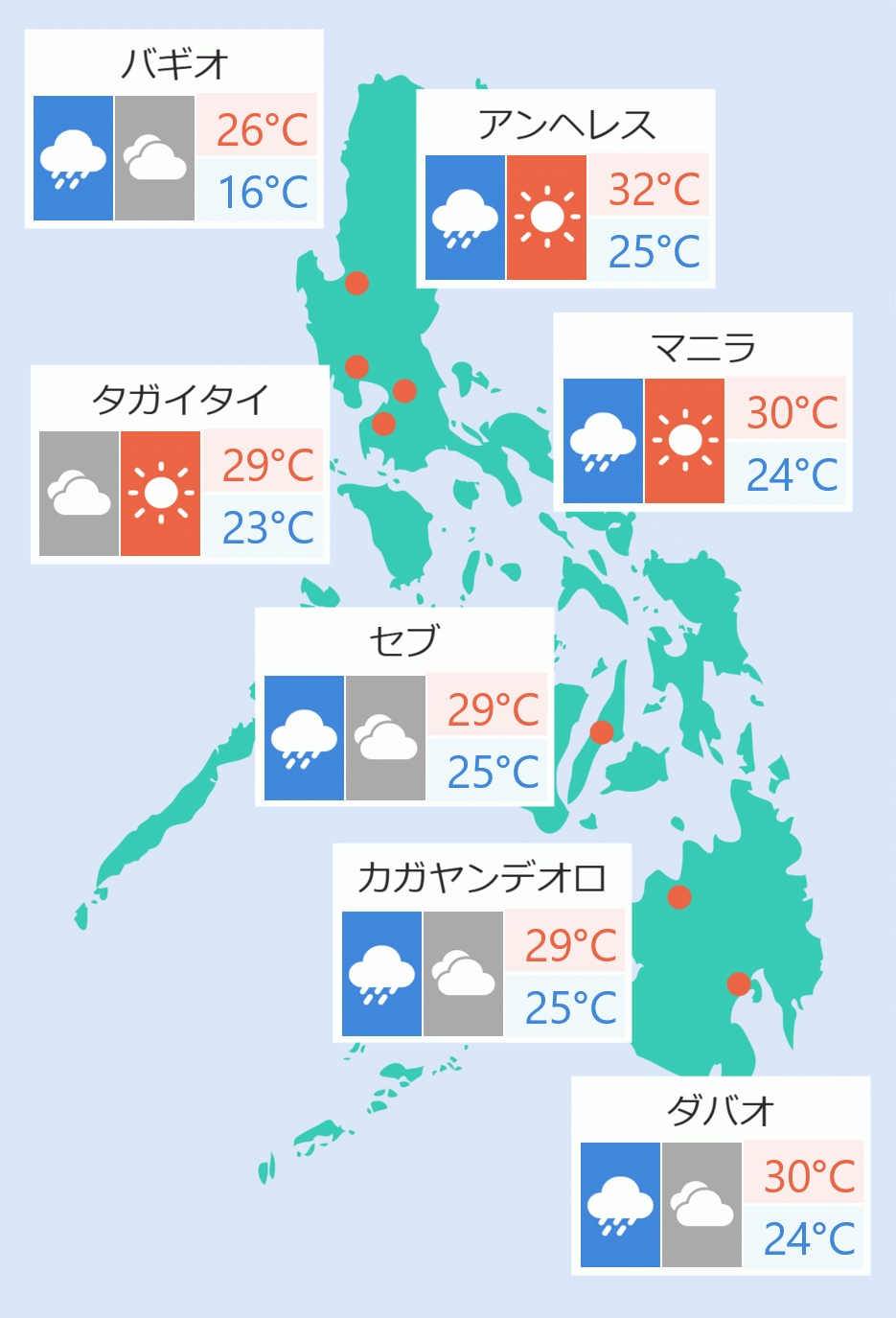The inflation rate rose at the end of the year but it managed to meet the target of 2-4 percent set by the Development Budget Coordinating Committee (DBCC) for 2024 with an average of 3.2 percent.
This was lower than the 2023 average inflation of six percent. For 2025 to 2028, the DBCC kept its inflation goal of 2 to 4 percent.
December inflation reached 2.9 percent from 2.4 percent in November.
In a press briefing, Philippine Statistics Authority Undersecretary Dennis Mapa said the increase in the December inflation rate was caused by higher power rates and housing costs.
“The primary reason for the increase in inflation in December 2024 compared to November is the faster rise in the prices of housing, water, electricity, gas, and other fuels, which reached a rate of 2.9 percent. This has a 52.9 percent share in the overall inflation increase in our country,” Mapa said.
The Banko Sentral Ng Pilipinas (BSP), which cut interest rates by a total of 75 basis points last year, said the latest data ''is consistent with the BSP's assessment of a manageable inflation environment over the policy horizon.''
But the BSP added that ''the balance of risks to the inflation outlook continues to lean to the upside due largely to potential upward adjustments in transport fares and electricity rates.''
National Economic and Development Authority (NEDA) Secretary Arsenio Balisacan said they will continue to enhance their efforts to curb inflation.
“As we enter 2025, we remain optimistic about curbing inflation through strategic, timely, and proactive measures,” Balisacan said.
“At the same time, we are intensifying efforts to improve productivity, encourage innovation, and build resilience toward ensuring food security and protecting consumers' purchasing power,” he said. Jaspearl Tan/DMS



 日本語
日本語
 English
English








